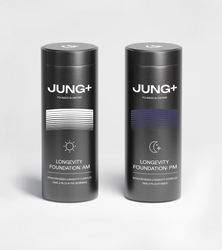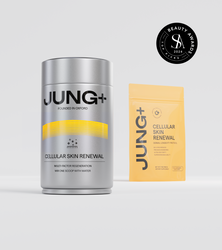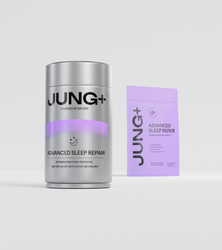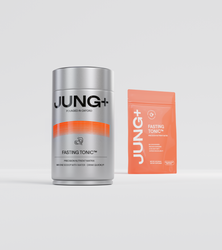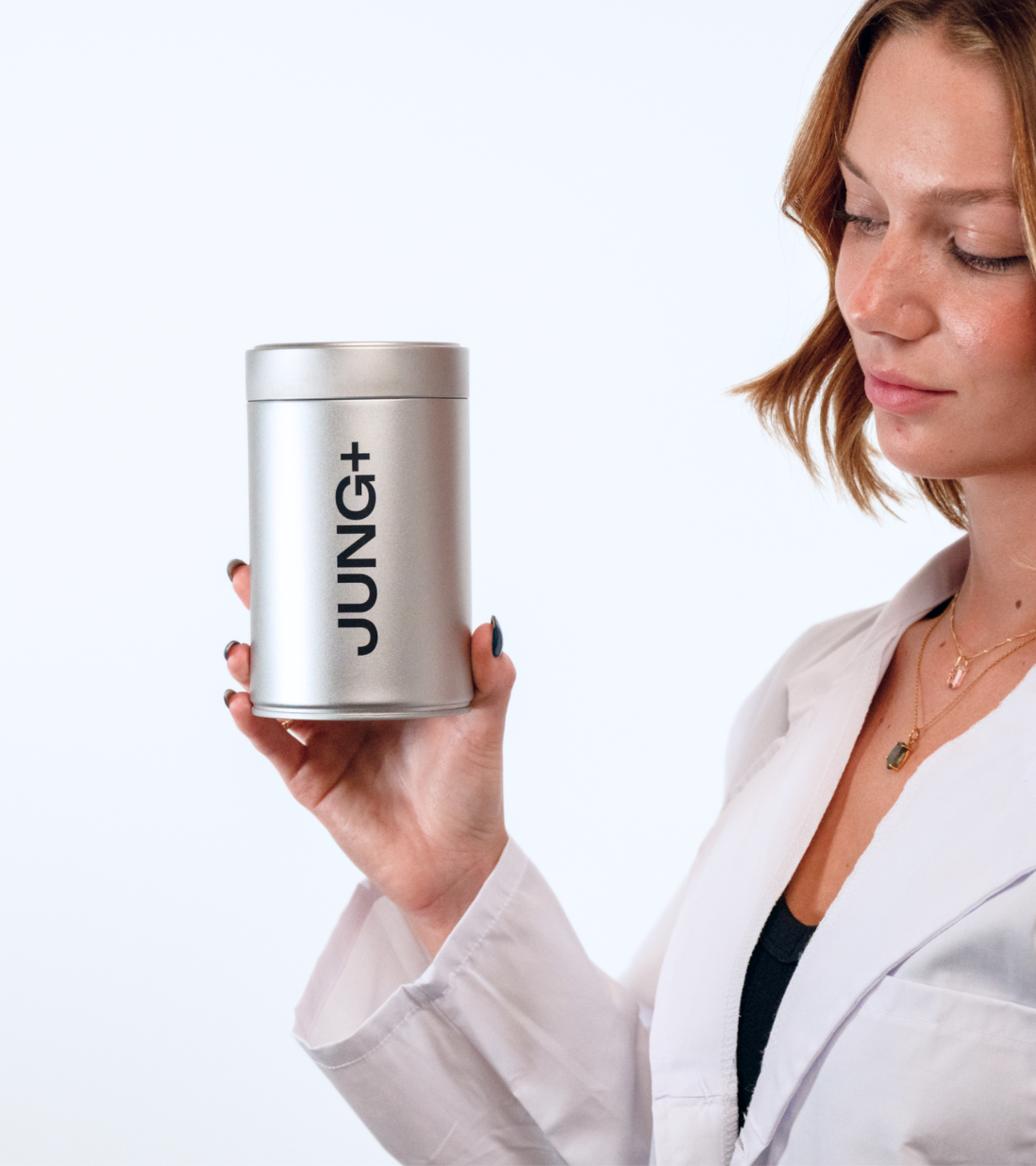When most people hear the word creatine, they immediately think of bodybuilders and athletes looking to boost their performance. But creatine isn’t just for gym-goers—it’s a naturally occurring compound that plays a fundamental role in cellular energy production. And as emerging research suggests, its benefits extend far beyond athletic performance, positioning it as a powerful tool for healthy aging, muscle preservation, and cognitive support.
For those focused on longevity and maintaining strength throughout life, creatine offers a compelling science-backed approach to preserving muscle, enhancing brain health, and supporting overall vitality. But what exactly makes creatine so beneficial for longevity? Let’s explore its key mechanisms and health benefits.
Creatine and Longevity: A Deep Dive into the Science
Aging comes with inevitable changes—muscle loss, reduced cognitive function, and increased inflammation. However, strategies exist to slow these processes and maintain quality of life for longer. Creatine has emerged as a key player in this space, thanks to its ability to enhance energy metabolism, reduce muscle atrophy, and even support brain function.
1. Muscle Preservation and Strengthspan: Combating Age-Related Muscle Loss (Sarcopenia)
One of the most significant predictors of longevity is muscle mass and strength—a concept sometimes called strengthspan (the number of years a person maintains physical strength and mobility).
- Sarcopenia, the age-related loss of muscle mass and function, is a major contributor to frailty, falls, and loss of independence.
- Studies have found that creatine supplementation combined with resistance training significantly improves muscle strength, upper body endurance, and muscle mass retention in older adults (Candow et al., 2014).
- A meta-analysis showed that older individuals supplementing with creatine during resistance training experienced greater gains in muscle mass and functional performance than those who only engaged in exercise (Devries & Phillips, 2014).
How Creatine Supports Muscle Longevity
- Enhances ATP Regeneration: ATP (adenosine triphosphate) is the energy currency of the cell. Creatine increases the rapid regeneration of ATP, improving muscular endurance and recovery.
- Reduces Muscle Protein Breakdown: Research suggests creatine may help maintain muscle mass by reducing the breakdown of muscle proteins, an essential factor in preventing age-related muscle loss.
- Supports Higher Training Intensity: Older adults taking creatine can lift heavier, train longer, and recover faster, leading to greater muscle retention over time (Forbes et al., 2015).
Why This Matters for Longevity
Maintaining muscle strength and mobility is directly linked to longer lifespan, reduced risk of falls, and better metabolic health—making creatine an essential tool for preserving independence and physical function in aging populations.
2. Brain Health and Cognitive Function: Creatine as a Neuroprotective Agent
Longevity isn’t just about living longer—it’s about staying mentally sharp and maintaining cognitive function. Recent studies indicate that creatine plays a key role in brain energy metabolism and may support memory, focus, and mental clarity as we age.
Creatine and Cognitive Function in Aging
- Supports Brain Energy Production: The brain is a highly energy-demanding organ, consuming up to 20% of the body’s ATP. Creatine enhances phosphocreatine stores, allowing neurons to produce and replenish ATP more efficiently, which is crucial for cognition (Rawson & Venezia, 2011).
- May Protect Against Cognitive Decline: Research suggests that creatine supplementation improves memory and cognitive function, particularly under conditions of stress, fatigue, and sleep deprivation (Vieira & Salomon, 2021).
- Potential in Neurodegenerative Conditions: Some preliminary studies suggest creatine may help support brain health in aging populations and those with conditions such as mild cognitive impairment (MCI), though more research is needed.
Why This Matters for Longevity
Cognitive decline is one of the biggest concerns for aging populations, affecting memory, decision-making, and quality of life. By optimizing brain energy metabolism and reducing oxidative stress, creatine could be an important ally in maintaining mental clarity and function for longer.
3. Bone Health and Fall Prevention: Protecting the Aging Skeletal System
Bone density naturally declines with age, leading to osteoporosis and an increased risk of fractures. Interestingly, creatine not only supports muscle strength but may also contribute to bone health.
- A study in older adults found that creatine supplementation, when combined with resistance training, led to improvements in bone mineral density (Candow et al., 2019).
- This is crucial because falls and fractures are a leading cause of hospitalization and loss of independence in older adults.
Why This Matters for Longevity
A stronger musculoskeletal system means reduced fall risk, improved mobility, and greater overall resilience against age-related frailty.
4. Anti-Inflammatory and Antioxidant Effects
Chronic, low-grade inflammation—often referred to as “inflammaging”—is a key driver of age-related diseases, including cardiovascular disease, neurodegeneration, and metabolic disorders.
- Research suggests creatine may have anti-inflammatory effects, helping to reduce markers of systemic inflammation and oxidative stress (Cornish & Cordingley, 2022).
- By modulating oxidative stress, creatine may support cellular health and mitochondrial function, both of which are critical for longevity.
Why This Matters for Longevity
Chronic inflammation is associated with nearly every major age-related disease. By helping to reduce oxidative stress and inflammation, creatine may contribute to healthier aging at the cellular level.
Final Thoughts: Is Creatine the Ultimate Longevity Supplement?
Creatine’s benefits extend far beyond athletic performance—it’s a powerful longevity-enhancing nutrient that supports muscle retention, cognitive function, bone health, and inflammation reduction.
For those looking to age gracefully, maintain strength, and support brain health, creatine is one of the most researched and scientifically supported supplements available. While more studies are needed to fully understand its role in longevity, the existing research suggests that creatine could be a cornerstone supplement for those prioritizing long-term health and vitality.

